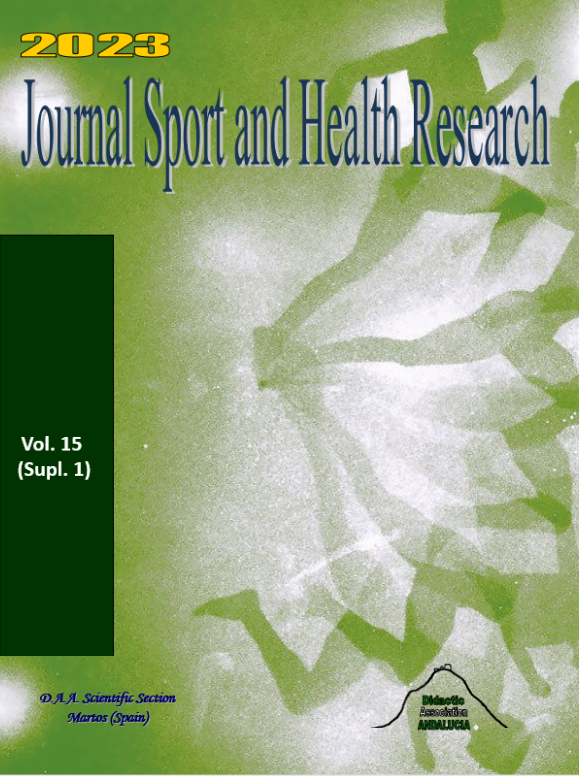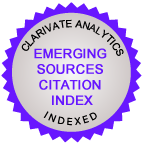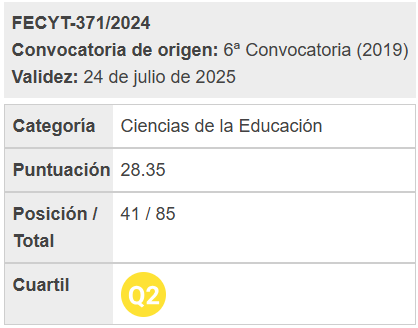LOS EFECTOS DE LA EDUCACIÓN A DISTANCIA EN ACADÉMICOS DE LA EDUCACIÓN SUPERIOR CHILENA: CUMPLIMIENTO GUÍAS ALIMENTARIAS Y SÍNDROME DE BURNOUT ACADEMICO.
Educación superior a distancia : Alimentación y Bournout en académicos Chilenos universitarios
DOI:
https://doi.org/10.58727/jshr.102700Resumen
Objetivos: Describir niveles de cumplimento de guías alimentarias y la relación con el nivel de síndrome de burnout, en docentes que realizaron educación a distancia en Universidades Chilenas.
Material y métodos: Estudio multicéntrico, descriptivo de tipo transversal. Muestra no probabilística de 475 docentes universitarios. Se utilizó Maslach Burnout Inventory y Encuesta de Hábitos Alimentarios basada en las GABAs. Para los análisis se utilizó el programa estadístico Stata 16.1 (StataCorp, College Station), se estableció frecuencia y porcentaje, para comparar las variables categóricas se empleó prueba de χ2. Se realizó análisis de regresión lineal, para identificar si el promedio de las variables (cansancio emocional, despersonalización y realización personal) presentaban una tendencia significativa a disminuir o aumentar, según cumplimientos de las GABAs.
Resultados: Del total de participantes, el 50,7% de la muestra cuyas edades están entre 20 y 39 años, son quienes poseen el mayor cumplimiento a las recomendaciones alimentarias (54.2%), al compararlos con el grupo entre 40 a 59 años (46.8%). Del total de la muestra, el 60,8% presenta cansancio emocional, siendo los ítems no cumplimento (60,6%) o cumple 1 vez (64,5%) En cuanto a la categoría realización personal los valores más altos, se encuentran en la subcategoría bajo, destacándose el no cumplimento (63.3%) o solo 1 vez cumple (40.8%) las recomendaciones alimentarias. A su vez, existe un mayor cumplimiento a las recomendaciones diarias de lácteos y legumbres, siendo siempre mayor el promedio de no cumplimiento (63.7%) a las recomendaciones. La recomendación de consumo de frutas y verduras presenta los valores más elevados n= 450 (94.7%), de no cumplimiento de la recomendación. Entre las variables (Burnout y Cumplimiento de GABAs), la relación no es significativa, presentando una tendencia significativa a disminuir o aumentar según cumplimientos de las guías alimentarias
Conclusiones: La docencia universitaria en confinamiento, trajo consigo hábitos alimentarios inadecuados, generados por el estrés, cansancio emocional, labores domésticas, sumado a las responsabilidades laborales y familiares cotidianas, impactando más a las mujeres. Seguir las recomendaciones alimentarias diarias, basadas en las GABAs permite asegurar una ingesta de macro y micronutrientes, junto a un adecuado aporte de fibra.
Palabras clave: Burnout, recomendaciones dietéticas, educación a distancia, docentes universitarios.
Descargas
Publicado
Número
Sección
Licencia
Derechos de autor 2023 Mauricio Cresp-Barria, Claudia Machuca-Barria, Valentina Espinoza Zambrano, Angelica Cartes, Dannay Ahumada, Samuel Atilio Durán-Agüero

Esta obra está bajo una licencia internacional Creative Commons Atribución-NoComercial-CompartirIgual 4.0.





